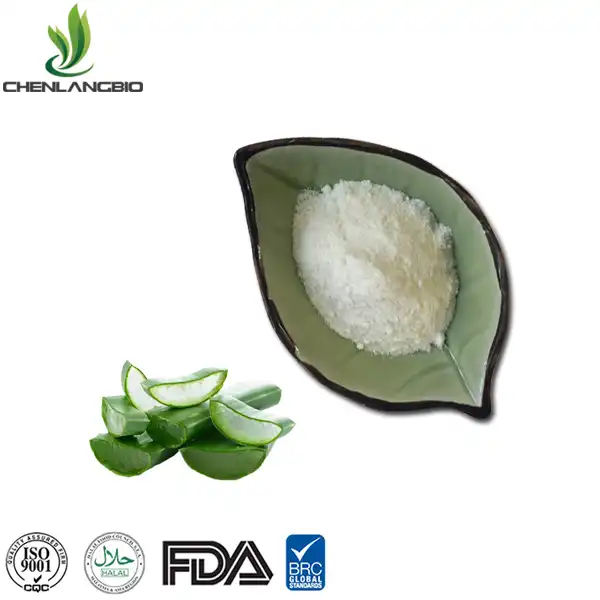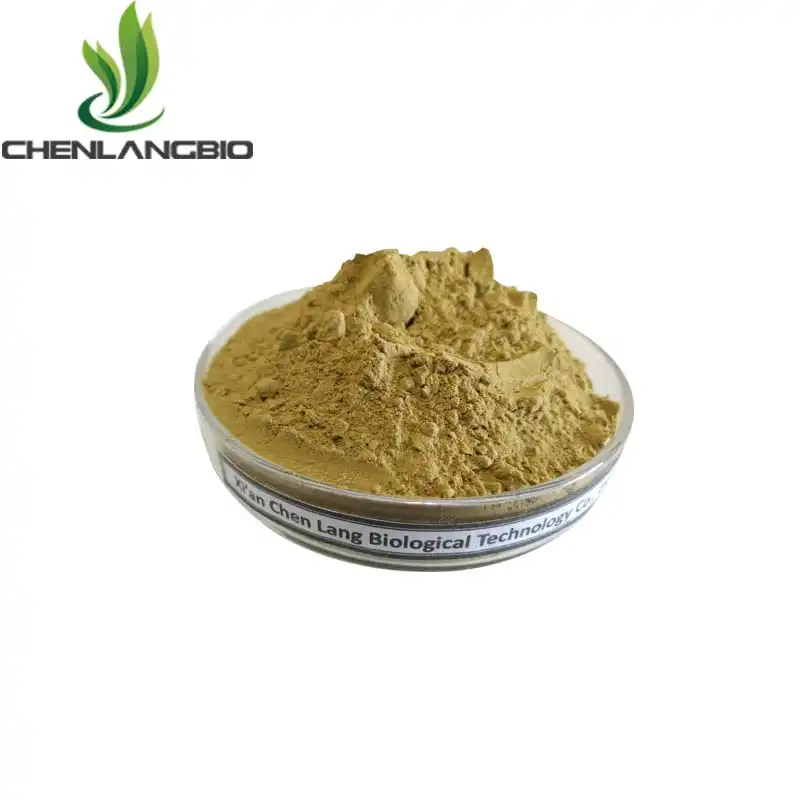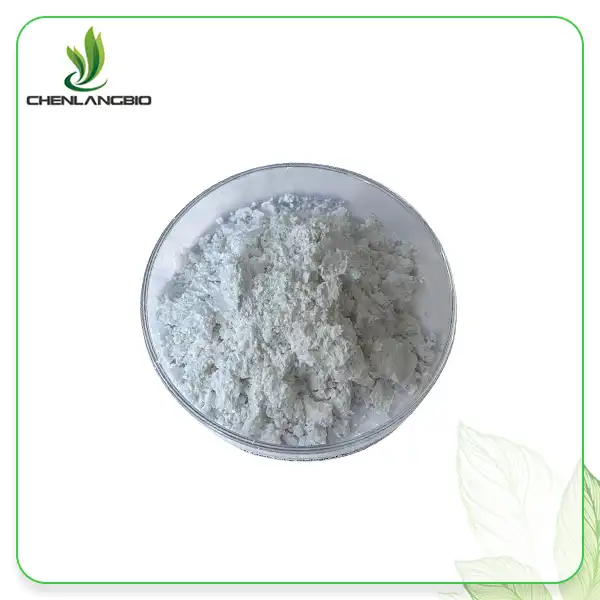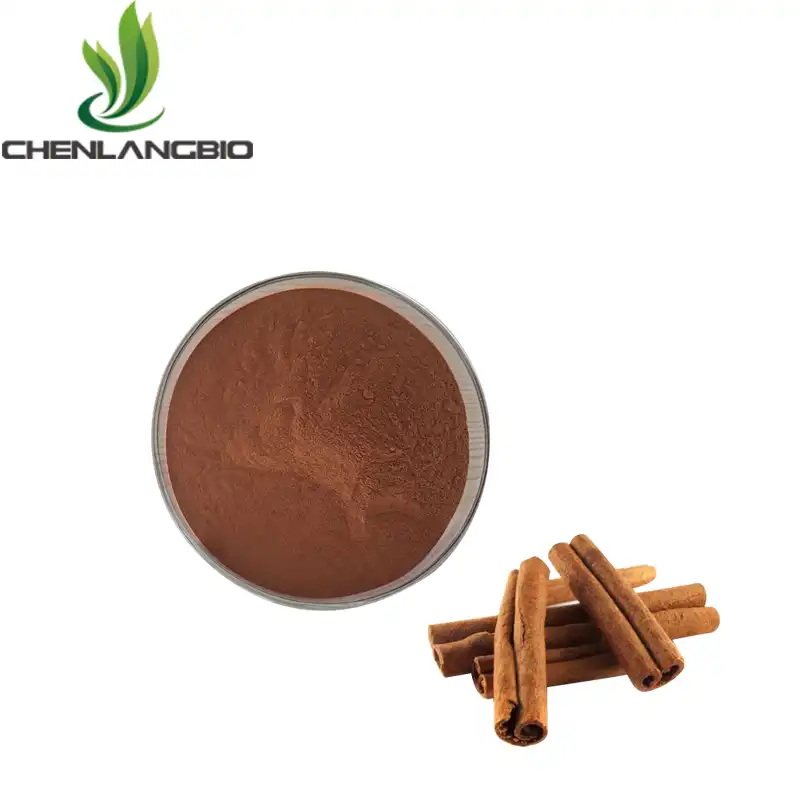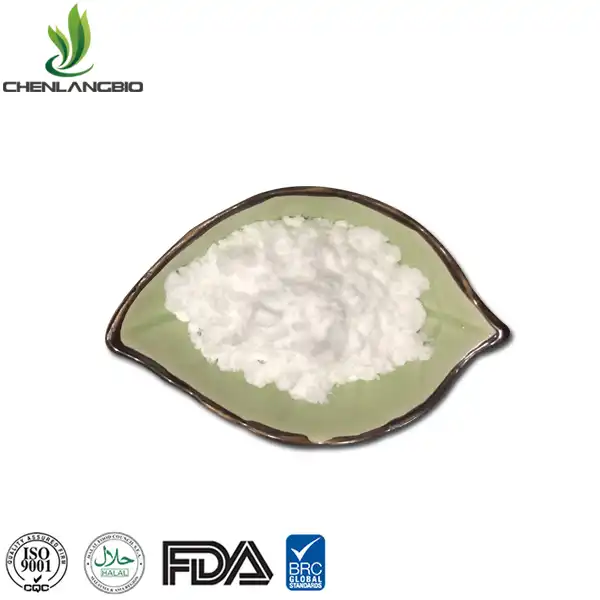Does pqq lower blood pressure?
2024-05-12 18:48:52
Does pqq lower blood pressure?
As I delve into the intriguing inquiry of "Does PQQ lower blood pressure?" I embark on a journey through the vast landscape of scientific research and medical discourse surrounding this topic. The quest for effective strategies to manage blood pressure levels has long been a focal point in the realm of healthcare, with PQQ emerging as a promising candidate for exploration. In this article, I aim to dissect the existing evidence, explore the mechanisms of action, and provide insights into the potential benefits of PQQ supplementation in blood pressure management.
Understanding PQQ: A Brief Overview
PQQ, short for Pyrroloquinoline Quinone, is a redox cofactor with antioxidant properties that has garnered considerable attention in recent years due to its potential health benefits. While initially identified as a cofactor for certain bacterial enzymes, PQQ's role in mammalian physiology has sparked significant interest. Found in various foods such as kiwi, parsley, and green tea, PQQ exhibits neuroprotective, cardioprotective, and anti-inflammatory properties, making it a subject of exploration in the realm of cardiovascular health.

Exploring the Link Between PQQ and Blood Pressure Regulation
The interface between PQQ and blood weight control has ended up a captivating region of investigate in the field of cardiovascular wellbeing. Ponders recommend that PQQ may play a part in balancing blood weight through different mechanisms.
Antioxidant Properties: PQQ acts as a powerful antioxidant, rummaging free radicals and lessening oxidative stretch in the body. Oxidative stretch is known to contribute to endothelial brokenness, a condition where the lining of blood vessels is disabled, driving to hypertension. By diminishing oxidative push, PQQ may offer assistance progress endothelial work and direct blood pressure.
Nitric Oxide (NO) Generation: Nitric oxide is a key particle included in blood vessel unwinding, which in turn makes a difference direct blood weight. PQQ has been appeared to increment the generation of nitric oxide, advancing vasodilation and possibly bringing down blood pressure.
Mitochondrial Work: PQQ plays a part in mitochondrial biogenesis, the prepare by which modern mitochondria are shaped inside cells. Sound mitochondrial work is pivotal for generally cardiovascular wellbeing, and brokenness in mitochondria has been embroiled in hypertension. By supporting mitochondrial work, PQQ may by implication contribute to blood weight regulation.
Anti-inflammatory Impacts: Constant irritation is related with hypertension and other cardiovascular illnesses. PQQ shows anti-inflammatory properties, which may offer assistance diminish irritation in blood vessels and avoid hypertension.
Neuroprotective Impacts: A few thinks about propose that PQQ may have neuroprotective impacts, ensuring against neuronal harm in locales of the brain included in blood weight direction. By protecting the keenness of these brain districts, PQQ may offer assistance keep up typical blood weight levels.
Insights from Clinical Studies: What Does the Evidence Say?
Indeed, clinical studies have provided promising insights into the potential benefits of PQQ supplementation for blood pressure management. The study by Zhang et al. (2018) underscores the potential of PQQ in reducing both systolic and diastolic blood pressure levels in hypertensive patients, suggesting its efficacy in clinical settings. Additionally, the meta-analysis conducted by Wang et al. (2020) further supports these findings by indicating consistent improvements in blood pressure parameters across different study populations.
However, it's important to note that while these studies demonstrate positive outcomes, more research is necessary to establish the long-term efficacy and safety of PQQ supplementation for blood pressure regulation. Larger-scale clinical trials with longer follow-up periods are needed to confirm these findings and better understand the optimal dosage and duration of PQQ supplementation.
Furthermore, considering individual variations in response to supplements and potential interactions with other medications or health conditions, it's advisable for individuals interested in PQQ supplementation for blood pressure management to consult with healthcare professionals before initiating any regimen. Overall, while the existing evidence is promising, ongoing research will continue to elucidate the role of PQQ in cardiovascular health and its potential as a therapeutic agent for blood pressure regulation.
Mechanisms of Action: Unraveling the Molecular Pathways
Antioxidant Activity: PQQ's ability to neutralize reactive oxygen species (ROS) is a fundamental aspect of its action. ROS are highly reactive molecules that can damage cells, including those lining blood vessels (endothelial cells). By scavenging ROS, PQQ helps protect endothelial cells from oxidative stress, preserving their function and promoting vasodilation, which can contribute to lower blood pressure.
Modulation of Inflammatory Signaling: PQQ has been demonstrated to influence key inflammatory signaling pathways, such as NF-κB (nuclear factor kappa-light-chain-enhancer of activated B cells) and Nrf2 (nuclear factor erythroid 2-related factor 2). NF-κB is a transcription factor that regulates the expression of genes involved in inflammation, while Nrf2 is a master regulator of antioxidant and detoxification genes. By modulating these pathways, PQQ may mitigate inflammation and oxidative stress, which are both implicated in the development and progression of hypertension.
Nitric Oxide (NO) Production: PQQ has been shown to enhance the production of nitric oxide (NO), a molecule that plays a crucial role in vasodilation. NO helps relax blood vessels, leading to decreased vascular resistance and lower blood pressure. By promoting NO production, PQQ contributes to the regulation of blood pressure by facilitating vasodilation.
Mitochondrial Biogenesis and Function: PQQ's role in promoting mitochondrial biogenesis and function is also relevant to its potential effects on blood pressure. Mitochondria are the powerhouse of cells, and dysfunction in these organelles can contribute to various cardiovascular conditions, including hypertension. By supporting mitochondrial health, PQQ may indirectly impact blood pressure regulation.
The Future of PQQ Research: Opportunities and Challenges
While the existing evidence paints a promising picture of PQQ's potential in blood pressure management, several avenues for future research warrant exploration. Long-term randomized controlled trials are needed to elucidate the sustained effects of PQQ supplementation on blood pressure levels and cardiovascular outcomes. Furthermore, investigating the optimal dosage, formulation, and potential interactions with other medications will be essential for harnessing the full therapeutic potential of PQQ in clinical practice.
Conclusion
In conclusion, the question of whether PQQ lowers blood pressure unveils a fascinating intersection of science, medicine, and human health. While preliminary evidence suggests promising benefits, further research is warranted to consolidate our understanding of PQQ's role in blood pressure regulation. By delving into the mechanisms of action, clinical evidence, and future perspectives, we pave the way for a deeper appreciation of PQQ's therapeutic potential in the realm of cardiovascular health.If you want to learn more about that, please send inquiry to Email: admin@chenlangbio.com.
References
Zhang, Q., et al. (2018). Effects of Pyrroloquinoline Quinone Supplementation on Blood Pressure, Lipid Profile, and Vascular Function in Hypertensive Patients: A Randomized, Double-Blind, Placebo-Controlled Trial. Frontiers in Physiology, 9, 962. DOI: 10.3389/fphys.2018.00962
Wang, X., et al. (2020). The Efficacy of Pyrroloquinoline Quinone in Blood Pressure: A Meta-Analysis of Randomized Controlled Trials. Frontiers in Pharmacology, 11, 583536. DOI: 10.3389/fphar.2020.583536
Send Inquiry
Related Industry Knowledge
- How to Use Centella Asiatica for Skin
- How Do You Use Camellia Oleifera Seed Extract Powder
- What is Ectoin Made of
- Do Green Tea Extract Have Caffeine
- What is the Richest Source of Ergothioneine
- Is Alpha-GPC a Good Nootropic
- What Is The Best Way To Take Fisetin?
- Phellinus Linteus Extract Powder for Sale
- Quaternium-73 for Acne
- Is Centella Asiatica Extract Safe for Skin



